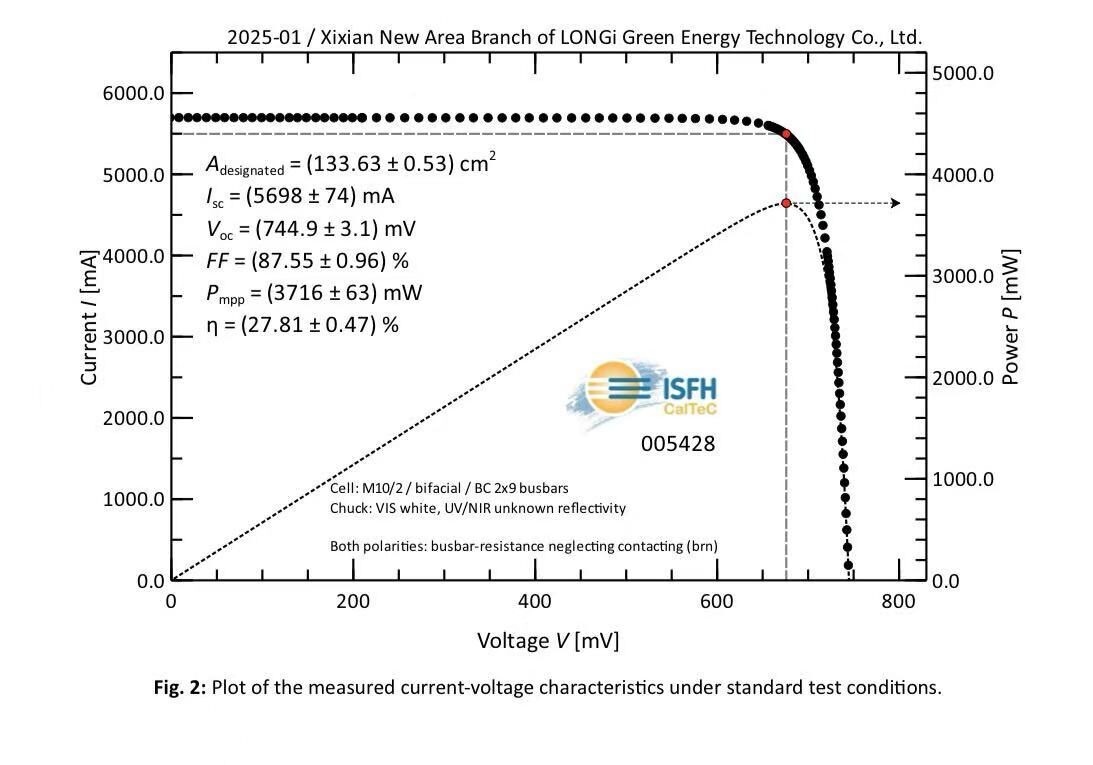A back reflector is a mirror behind the solar cell that increases efficiency by reflecting light that was not absorbed, and leading it back into the solar cell. However, due to the shape of a solar panel, not all sunlight can be converted. What is needed is an omni directional reflectance mirror, that reflects light incident from all frequencies (colours) and from any angle.
So far two types of such a mirror exist – metallic and dielectric. The first shows omnidrectional properties over a wide range of colours but performance decreases at optical light frequencies. The second type, dielectric mirrors, reflect the visible spectrum of light from a certain angle but require thick structures.
A 3D photonic crystal could provide a solution to this problem, when it comes to dielectric mirrors. These nanostructures have a band gap in which light wavelengths cannot propagate. However, so far researchers have doubted the frequency range of such nanostructures, and no one had ever demonstrated its omnidirectional reflective behaviour.
A team of physicists and mathematicians led by Willem Vos and Jaap van der Vegt from University of Twente has studied a material developed in the Complex Photonic Systems research group, which they describe as ‘inverse woodpile photonic crystals.’
“These crystals consist of regularly ordered array of pores drilled in two perpendicular directions in a wafer of dielectric material such as silicon,” said Devashish, PhD student and one of the researchers. “The crystal structure is inspired by diamond gemstones.”
The researchers studied the reflectivity of the crystals and interpreted recent experiments. “We found that even very thin inverse woodpiles strongly reflect many colours of light omnidirectionally,” Devashish said. “In inverse woodpiles, the absorption of light is negligible. This makes them a great candidate as a back reflector in solar cells.”
By Carl Johannes Muth.
This content is protected by copyright and may not be reused. If you want to cooperate with us and would like to reuse some of our content, please contact: editors@pv-magazine.com.



1 comment
By submitting this form you agree to pv magazine using your data for the purposes of publishing your comment.
Your personal data will only be disclosed or otherwise transmitted to third parties for the purposes of spam filtering or if this is necessary for technical maintenance of the website. Any other transfer to third parties will not take place unless this is justified on the basis of applicable data protection regulations or if pv magazine is legally obliged to do so.
You may revoke this consent at any time with effect for the future, in which case your personal data will be deleted immediately. Otherwise, your data will be deleted if pv magazine has processed your request or the purpose of data storage is fulfilled.
Further information on data privacy can be found in our Data Protection Policy.